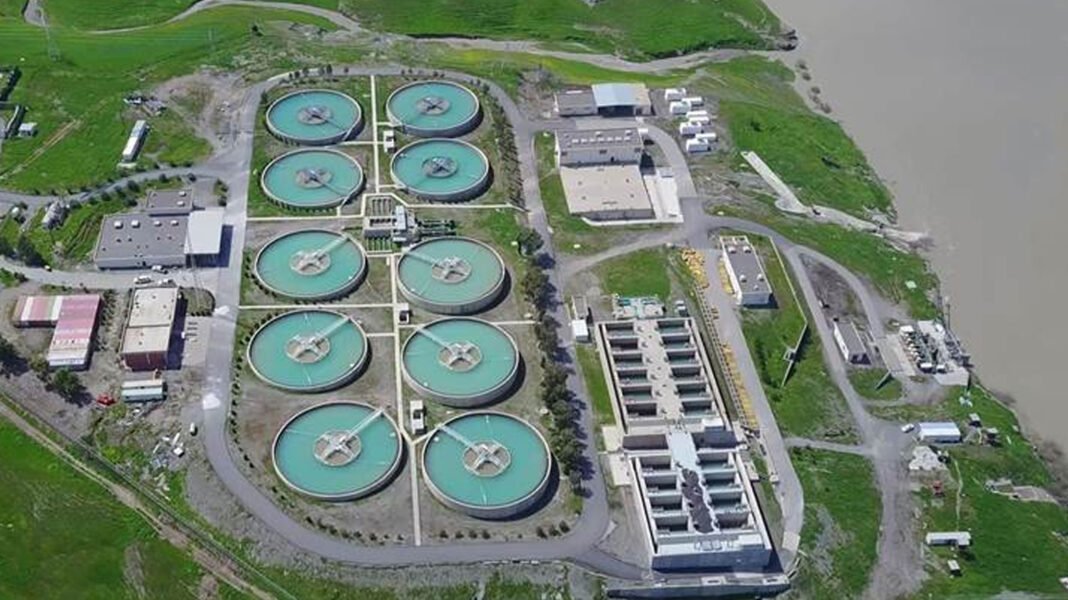Iraq has officially opened a new wastewater treatment plant in Babil, marking a major step toward solving the province’s long-standing water challenges.
The Governor of Babil, Adnan al-Dulaimi, led the inauguration ceremony, emphasizing that this project brings real relief to thousands of residents who have faced water scarcity for years.
The new facility, located in northern Babil, operates with a capacity of 500 cubic meters per hour. It aims to provide clean and reliable water to rural areas and villages that have suffered from unstable supplies.
Governor al-Dulaimi described the plant as a turning point in improving living conditions and ensuring better access to water for communities that rely heavily on agriculture and livestock.
Engineers completed the Babil wastewater treatment plant two months ahead of schedule, and it now serves more than 15,000 people.Finishing the project ahead of schedule reflects Iraq’s growing efficiency and focus on public service delivery. The governor noted that completing the work quickly shows the government’s determination to accelerate essential service projects.
Moreover, the plant was built according to strict technical and environmental standards. Engineers designed it to purify and recycle wastewater safely, reducing pollution and promoting sustainable water use. By turning wastewater into usable resources.
Governor al-Dulaimi also explained that this project forms part of a broader plan to enhance Babil’s overall water infrastructure. Several similar initiatives are currently underway in other districts of the province. Together, they aim to create a reliable network that provides residents with stable access to clean water.
The Babil wastewater treatment plant will also help reduce migration from rural areas. Many families previously left their homes because of water shortages and poor living conditions. With this project now operational, more people can remain in their communities and continue farming and other local work.
This development highlights Iraq’s wider effort to strengthen essential services, improve infrastructure, and ensure environmental sustainability. By investing in modern water treatment systems, Iraq takes another step toward a more resilient and self-sufficient future.


